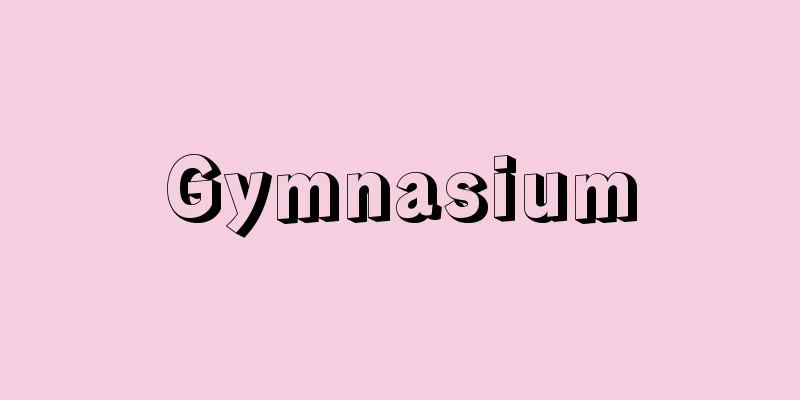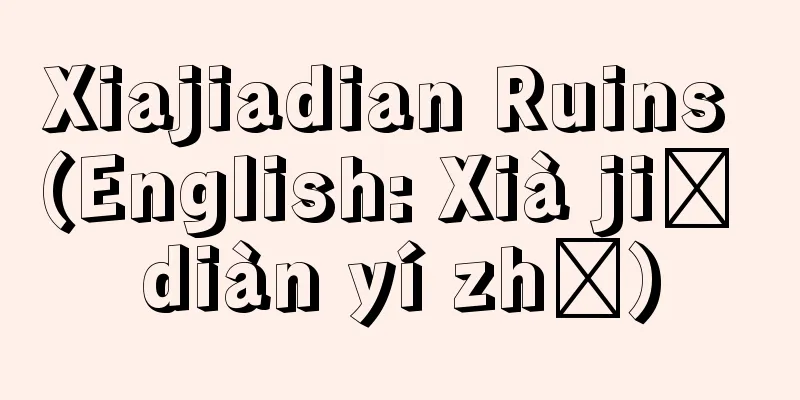Humorous - comical

|
〘noun〙① To be smooth-spoken and quick-witted. To be witty in speech and behavior. To express things skillfully. By extension, ridiculous and funny words or ways of speaking. Humor. Joking. A joke. ※Kaifuso (751), Shakuben Shoden: "Bensho the monk had the common surname Hata. He was a humorous monk, and a good talker." ※Ukiyo-zoshi, Shinchikusai (1687), vol. 5 : "His strange appearance and his humorous speech are the basis for his humorous manner. " [Shiji - Chorizi-den] ② Derived from ①, it refers to haiku. Also, a type of comical work that began with Furaisanjin and is centered on humor. ※Haikai, Sarumino (1691), vol. 6: "Sarumino is the centerpiece of Basho's humor." ③ (adjective-verb) Something that is truly ridiculous. A state that gives an impression of being pointless and unseemly. ※Angura Nabe (1871-72)〈Kanagaki Robun〉3 “Western music scholars ’ big persuasion 〈abbreviation〉 Kokkei Kaikai Gohyōhyō” [Ethology] (1) In “Shiji Suoyin”, the following notes are made about “kakkei”: “skillful and good at persuasion”, “words overflow like wine flowing from a barrel”, “pronounced kakkei” is pronounced the same as “haikai”. (2) In Japan, it has been used in basically the same sense since ancient times, and in the early modern period it has sometimes been considered synonymous with “clever” or the literary genre “haikai,” as in “Kakuji Taiheiki.” Source: The Selected Edition of the Japanese Language Dictionary About the Selected Edition of the Japanese Language Dictionary Information |
|
〘名〙① ことばが滑らかで、知恵がよくまわること。機知に富んだ言動をすること。巧みに言いなすこと。転じて、ばかばかしくおかしいことばや言いかた。諧謔。おどけ。ざれごと。※懐風藻(751)釈弁正伝「弁正法師者俗姓秦氏。性滑稽、善二談論一」※浮世草子・新竹斎(1687)五「とりなりの異相と口の滑稽(コッケイ)なるより」 〔史記‐樗里子伝〕② ①より転じて、俳諧のこと。また、風来山人に始まる滑稽を主とする戯作。※俳諧・猿蓑(1691)六「猿蓑者芭蕉翁滑稽之首也」③ (形動) いかにもばかばかしいこと。くだらなくみっともない感じを与えるさま。※安愚楽鍋(1871‐72)〈仮名垣魯文〉三「洋楽書生の大穿(だいうが)ち〈略〉滑(コッケイ)恢諧御評判御評判」[語誌](1)「史記索隠」には「滑稽」について、口が達者でうまく言いくるめる、酒樽から酒が流れ出るようにことばが溢れ出る、カッケイと読んで「俳諧」と同義、などと注する。 (2)日本でも上代から基本的には同じ意味で使われており、近世には「利口」、あるいは「滑稽太平記」の「滑稽」のように文学ジャンルとしての「俳諧」と同義とされることもある。 出典 精選版 日本国語大辞典精選版 日本国語大辞典について 情報 |
<<: Funny Newspaper - Kokkeishinbun
Recommend
Permissible Concentration - Kyoyou no Udo
This is an occupational hygiene index concentrati...
Poa
...A small weed of the grass family that is most ...
Plaster - plaster
A plastering material unique to Japan. Made by mix...
Heart line
It shows how emotions such as joy, anger, sadness ...
Mystical theology - Shinpishingaku (English spelling) theologia mystica
It is a branch of Christian practical theology, an...
Loin wrap - Koshimaki
There are two types: (1) a type of formal clothin...
Peribsen
The king was considered to be the incarnation of ...
Oil layer - Yuso
An underground reservoir that contains crude oil....
Sound mode - Onkyo mode
…The optical mode has a frequency of approximatel...
Macerata (English spelling)
The capital of Macerata Province in the Marche reg...
Senka paper - Senka paper
Also written as senka-shi. (1) Originally, it refe...
Direct steelmaking
In the steelmaking process using a blast furnace,...
Fukutomi [town] - Fukudomi
A former town in Kishima County, central Saga Pref...
Tosa Province
An old name of a province facing the Pacific Ocea...
Nylon - Nairon (English spelling)
It was the product name of a synthetic fiber inve...









